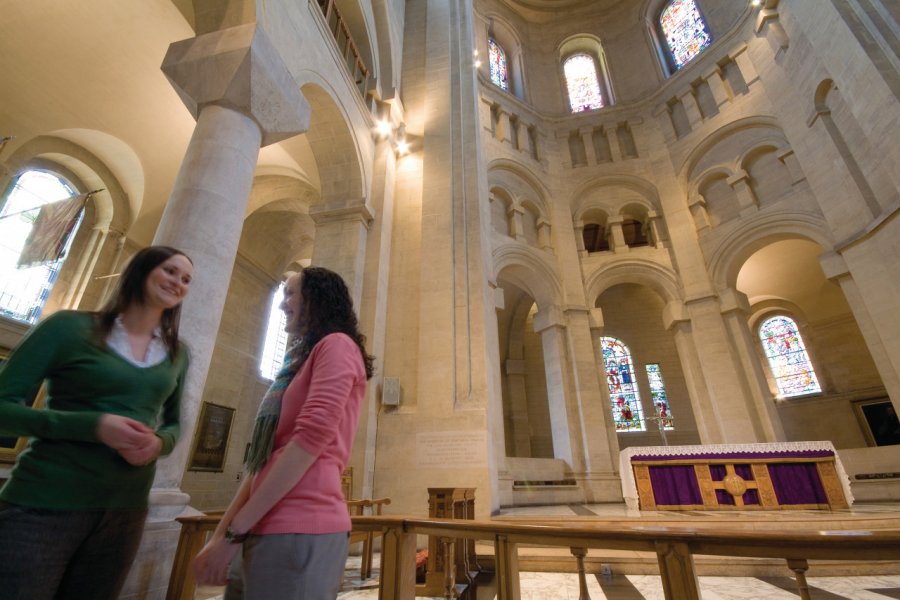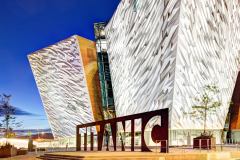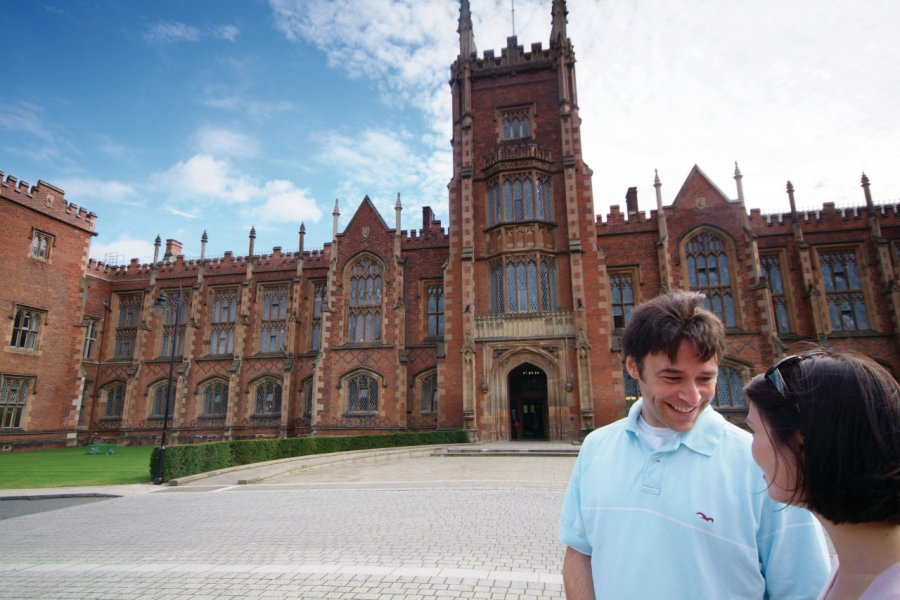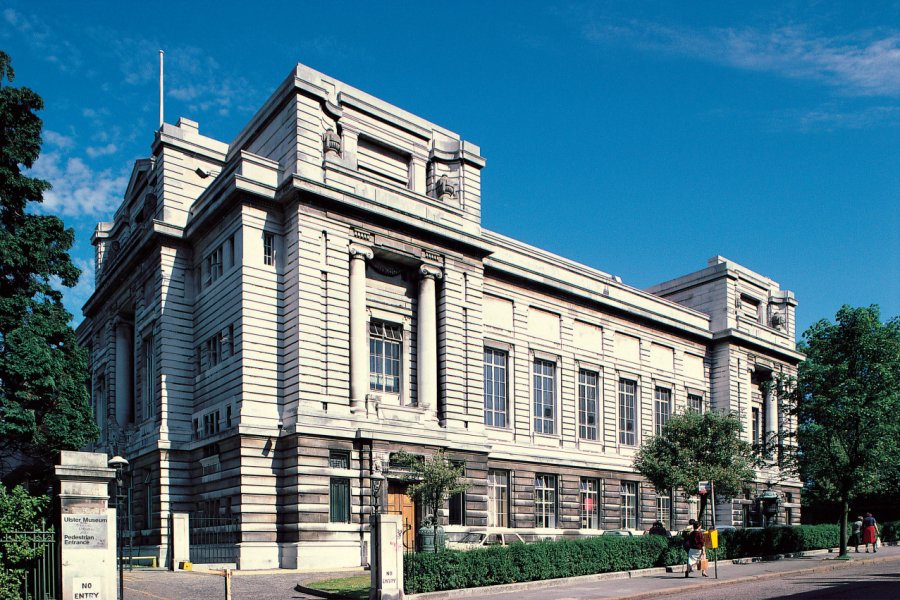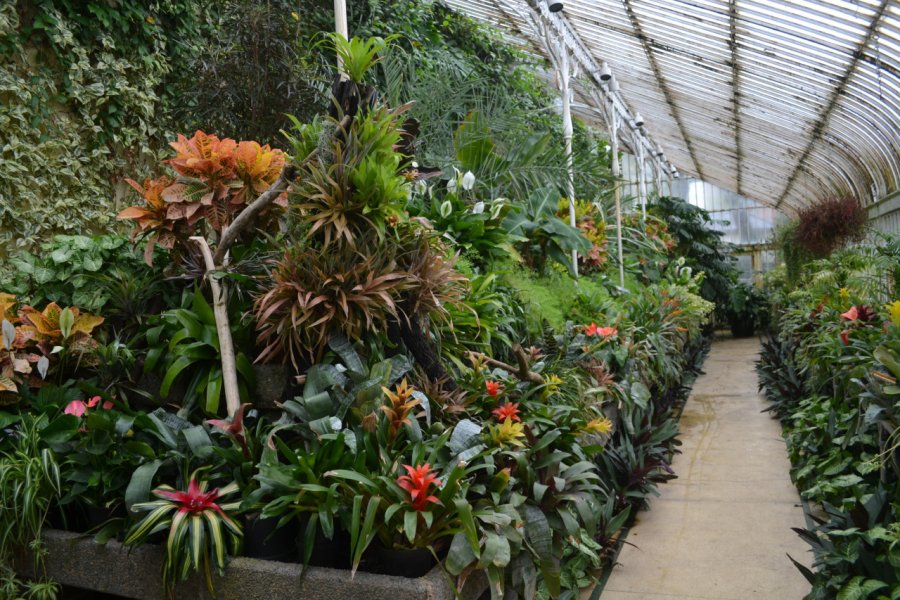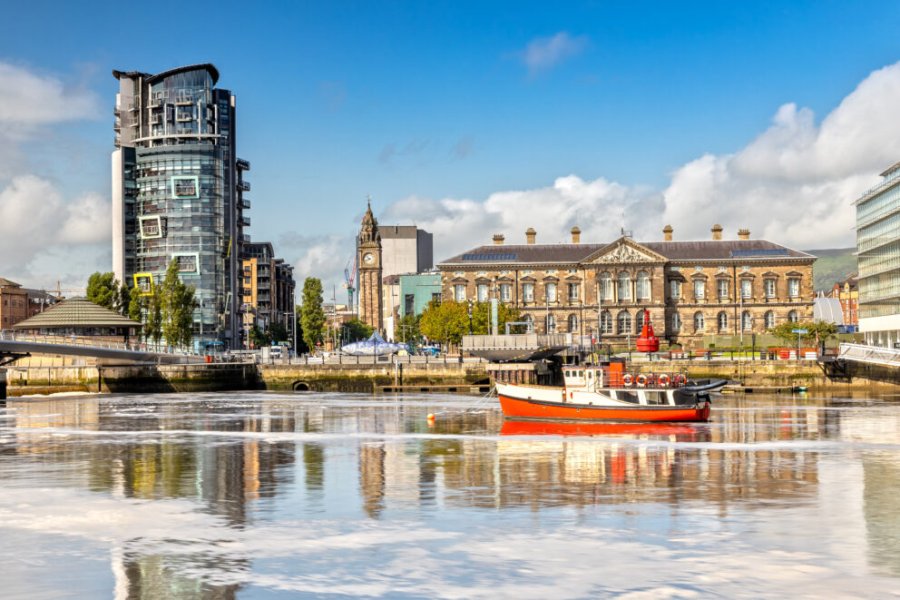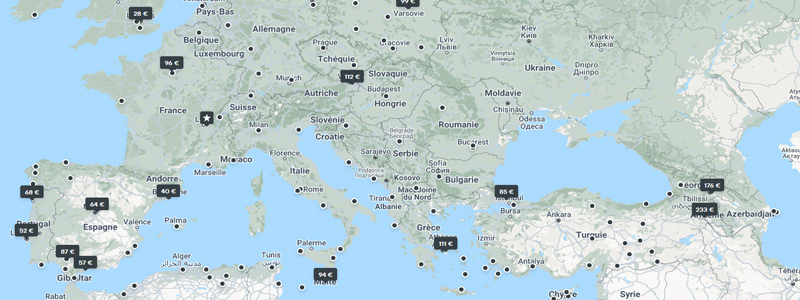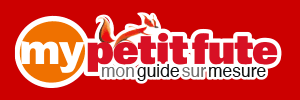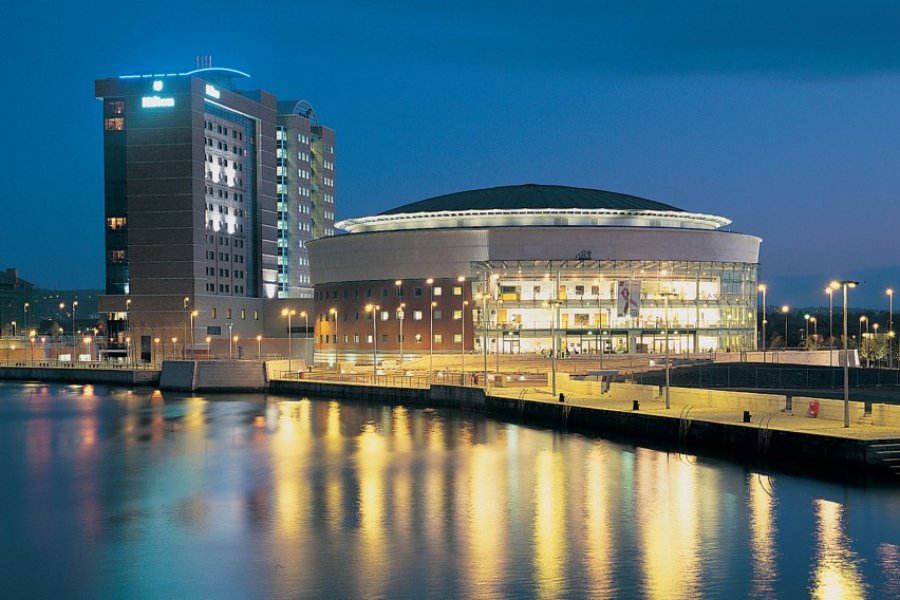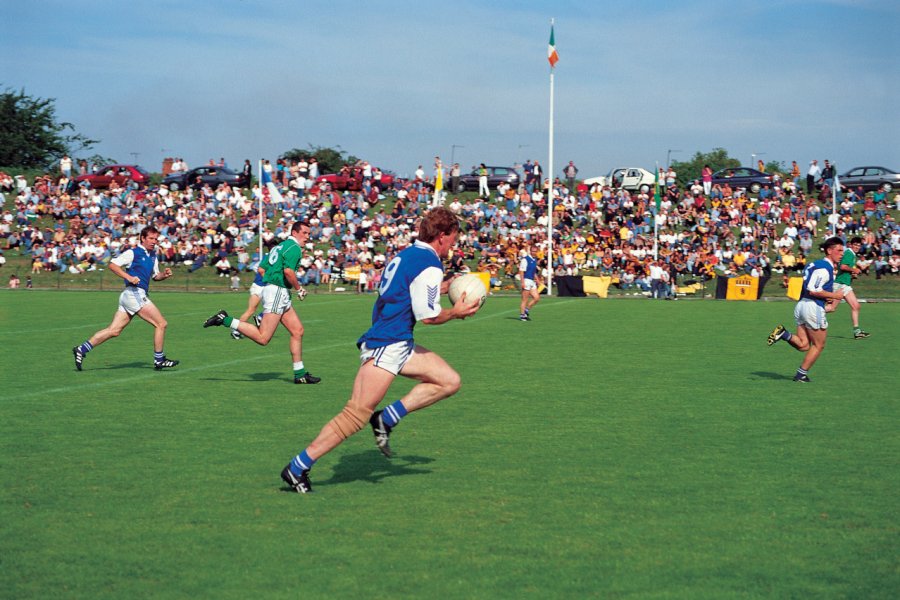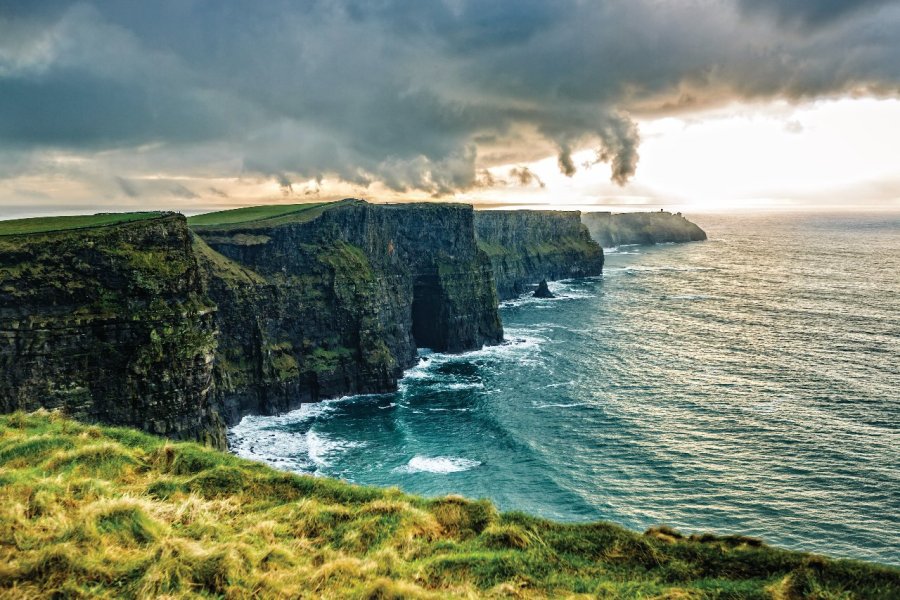Travel Guide Belfast
With a population of half a million, and almost double that including the metropolitan area, Belfast is a city that has been in a state of flux since its relatively recent pacification. Thanks to the tobacco, flax and shipbuilding industries in the 18th and 19th centuries, its development was rapid, propelling it during the industrial revolution to the rank of the largest city on the island. 1849 was the year of the visit of Queen Victoria, who left in her wake a deep imprint that can be seen today everywhere in the city's stunning architectural panorama, such as the City Hall, something that the Belfast tourist guide will not fail to point out. The city became the capital ofNorthern Ireland in 1921 and went through a troubled period from the 1970s until the cease-fire in 1997. Since then, its dynamism is real, palpable, and its citizens show an unsuspected joie de vivre. As proof, you only have to walk through the door of one of the many bars and restaurants that are constantly flourishing in the pretty streets of Belfast, a destination not to be missed.
What to visit Belfast?
Suggested addresses Belfast
When to go to Belfast?
When to go to Belfast? The Northern Irish climate is oceanic, relatively mild and humid. In autumn, temperatures are around 10°C, while winters are, except in exceptional cases, quite mild and temperatures range from 3 to 8°C. Spring can still be quite cool and summers, while pleasant, rarely exceed 20°C. That being said, it appears that the best time to visit Belfast is from May to September, which is the peak tourist season, although ultimately the rest of the year is also suitable for visiting the Northern Irish capital. So when to go to Belfast? Ideally from spring to early autumn.
Weather at the moment
Belfast's weather is subject to a humid, oceanic Northern Irish climate, so the weather can change dramatically several times throughout the day. Temperatures in Belfast hover around 0°C in the depths of winter, while they climb timidly into the 20s in summer. Either way, it's always good to be prepared for a rain shower in Belfast.
In Northern Ireland and Belfast, the unit of currency is the pound sterling (£). Life is as expensive in Northern Ireland as in the rest of the United Kingdom, except for London. It all depends on the lifestyle you are going to lead in Belfast. For those who are a bit broke, it is advisable to sleep in a hostel and to shop in supermarkets where you can make your own sandwiches.
Northern Ireland and Belfast are still, for the time being, part of the European Union. You will therefore not need a visa to travel to Belfast. Your valid identity card or passport will do the trick. Please keep in mind, however, the Brexit calendar and find out if your trip comes at the end of the process and negotiations.
Customs. It is prohibited to bring fresh meat or dairy products (including cheese) into Belfast and Northern Ireland, either in your car or on your person.
Before a trip to Belfast, immunization updates are strongly recommended for diphtheria, polio and tetanus. Vaccinations against hepatitis A and B, typhoid and rabies may also be recommended for long or "adventurous" stays outside the city. The water in Belfast is generally safe to drink.
Practical information
- When to travel?
- Weather forecast
- Budget
- Formalities
- Health
- How to travel by yourself?
- How to get organized?
- Getting around
Media
How to go to Belfast? Our advice & tips
If tour operators and other specialists offer Belfast in their catalog, it is often a starting point or a stopover to discover Northern Ireland and/or the north of the United Kingdom. Nevertheless, we frequently find weekend and extended weekend offers for Belfast, including flights and accommodation at competitive rates.
Discover our selection of travel agencies for this destinationThe average price of a return flight from France to Belfast is 160 €. Please note that the price variation depends on the season, but also on the time of booking. So, if possible, buy your tickets a few months before your departure! It is also a good idea to book accommodation with a little - or a lot in high season - of anticipation.
Belfast is a modern city with a very functional infrastructure. The main means of public transport is the Translink bus network, which makes it easy to reach any part of the city and its surroundings. On a nice day, you can also opt for a bicycle. Cabs and VTCs will take care of the rest.

